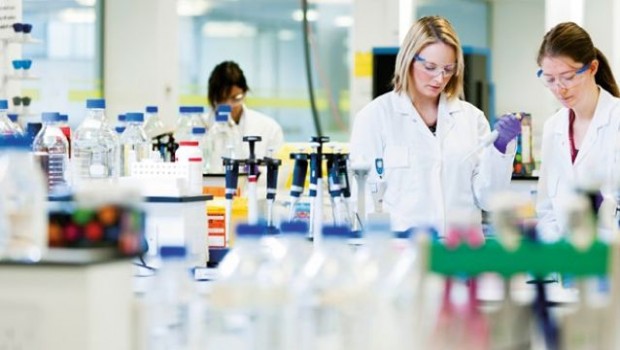AstraZeneca breast cancer drug shows 'significant' improvement in trial

AstraZeneca
10,436.00p
12:54 24/12/24
AstraZeneca said its capivasertib breast cancer drug combined with Faslodex hormone treatment demonstrated a “statistically significant and clinically meaningful improvement” in progression-free patient (PFS) survival during a late-stage trial.
FTSE 100
8,136.99
12:59 24/12/24
FTSE 350
4,491.87
12:54 24/12/24
FTSE All-Share
4,449.61
13:14 24/12/24
Pharmaceuticals & Biotechnology
20,055.90
12:54 24/12/24
The trial met both primary endpoints, improving PFS in the overall patient population and in a prespecified biomarker subgroup of patients whose tumours had qualifying alterations, AstraZeneca said on Wednesday.
Results were measured against patients given a placebo plus Faslodex. The trial covered patients with hormone receptor (HR)-positive, human epidermal growth factor receptor 2 (HER2)-low or negative locally advanced or metastatic breast cancer, following recurrence or progression on or after endocrine therapy.
“Although the overall survival (OS) data were immature at the time of the analysis, early data are encouraging. The trial will continue to assess OS as a key secondary endpoint,” the company added.
Breast cancer is the most common cancer worldwide, with an estimated 2.3 million patients diagnosed in 2020. Approximately 70% of breast cancer tumours are considered HR-positive and HER2-low or negative.
Endocrine therapies are widely used for the treatment of HR-positive breast cancer, but many patients with advanced disease develop resistance to inhibitors and estrogen receptor-targeting therapies, “underscoring the need for additional options”, AstraZeneca said.
Reporting by Frank Prenesti for Sharecast.com